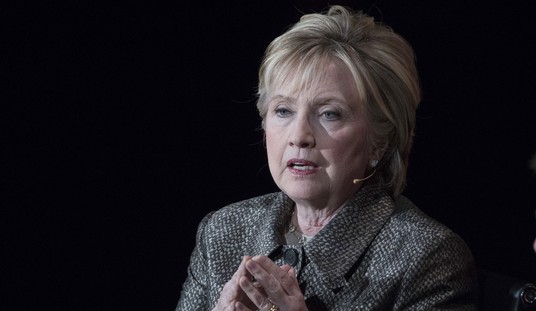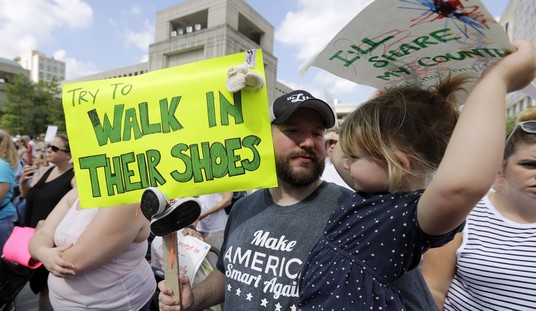From ISIS to Ebola, there’s so much misery in the news right now that I hesitate to belabor the downside of Venezuela winning one of the 10 rotating seats on the 15-member United Nations Security Council — as happened on Thursday, thanks to a General Assembly vote of 181 in favor, with 10 abstaining. Surely it’s obvious what’s horrifying about this picture. Venezuela is the oil-rich home to a thug regime that brutalizes its democratic dissidents and pals around with Cuba, Russia and Iran. Venezuela’s ruler, President Nicolas Maduro, continues to live down to the despotic and virulently anti-American legacy of his predecessor, the late Hugo Chavez. That’s not the kind of government needed on the UN’s leading body, the high council entrusted with authorizing the use of force, promoting peace, imposing sanctions, approving applications for UN membership and recommending the next secretary-general.
Or, as explained in a rhapsody of understatement by the U.S. ambassador to the UN, Samantha Power, “Unfortunately, Venezuela’s conduct at the UN has run counter to the spirit of the UN charter and its violations of rights at home are at odds with the Charter’s letter.”
But let us try to look on the bright side, or at least dredge deep enough to find in this muck a few trace elements of good news. Here are three potential benefits to Venezuela winning a two-year term, from 2015-2016, on the Security Council:
1) Convenient poster child. Not since the General Assembly elected Qaddafi’s Libya to the UN Security Council, for the years 2009-2010, has this particular UN process produced such a colorful case of utter farce. For the next two years, Venezuela can provide a convenient shorthand for what’s wrong with both the Security Council and the vaunted “international community” — the 193-member General Assembly, in which 181 nations voted to install Venezuela on the Security Council, while another 10 wildly independent thinkers were so bold as to abstain. Of course, despotic governments on the Security Council are nothing new. Russia and China hold two of the permanent five veto-wielding seats, along with the U.S., Britain and France. But somehow that longtime inner circle of moral equivalency has become a standard piece of the landscape. It is left to the non-permanent members to endow the council with its flashier credentials of the hour — and for summing up the scene, Venezuela is an excellent choice.
2) Sounds an alarm about the increasingly dire state of affairs south of the U.S. border. In the UN voting system, seats are allocated by geographic quota, with candidates put forward by regional groups. In this latest election to the Security Council, one of the two seats allocated to the Latin American and Caribbean group was up for grabs. This group came up with precisely one candidate: Venezuela. If that’s the best they could do, there can be no argument that while the headlines are focused on crises far more lurid and immediate, whether in the Middle East, West Africa or Russia’s mobile eastern border, something is going desperately wrong in America’s own backyard. So, with one swoop, Venezuela offers itself not only as a poster child for problems with the UN Security Council and the international community in general, but also for an entire region bordering on the U.S. It’s yet another pointed reminder that when the U.S. stops leading, and defaults to voting “present,” the vacuum invites the likes of Caracas.
3) Diplomatic blowback, maybe? As the Wall Street Journal notes in an editorial on Venezuela’s UN win, headlined “Caracas 181, Kerry 0,” the U.S. “barely lifted a hand to stop Venezuela’s accession.” Now the Obama administration — faced with security problems that are becoming ever harder to ignore — is going to have to live with the results of its own passivity. Not least, Ambassador Power is going to have to sit through not only Russia’s Orwellian perorations, but Venezuela’s rants. To whatever extent that might make it even slightly less appealing for the Obama administration to funnel U.S. policy through the UN, that could work out to a net gain for U.S. security.
…OK, grasping at straws here, I admit. That’s the trouble with dredging for good news at the UN — and there’s no sign it’s about to get easier. Next up, the Oct. 21 election of new members to the UN Human Rights Council, in which one of the candidates is Qatar.









Join the conversation as a VIP Member